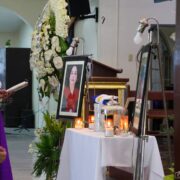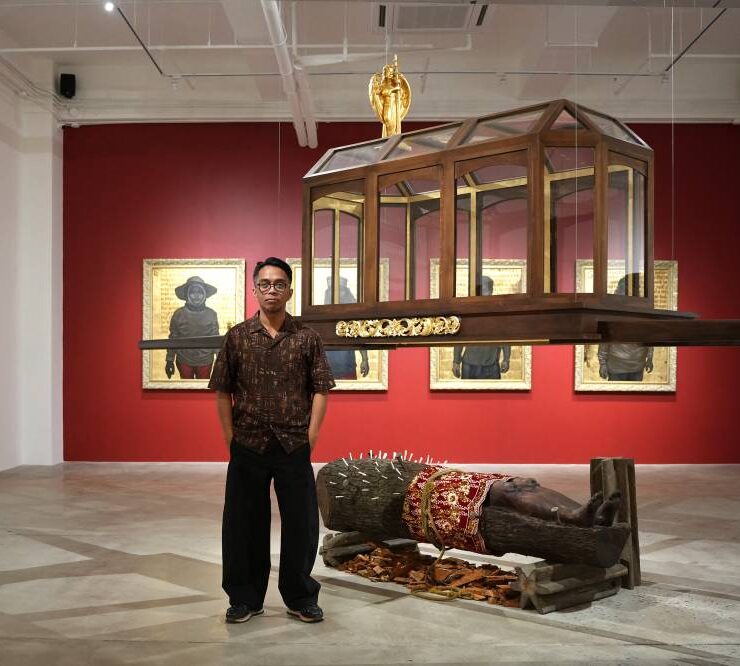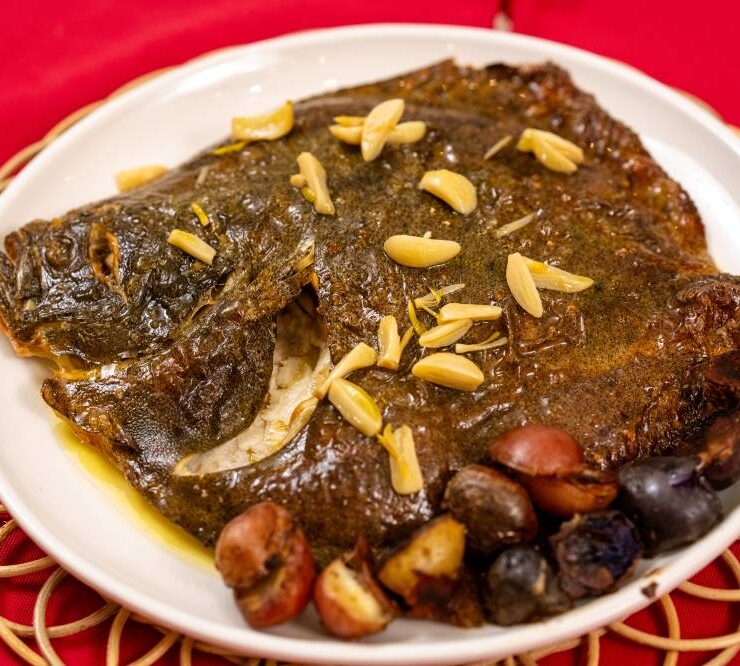Bamboo for the future
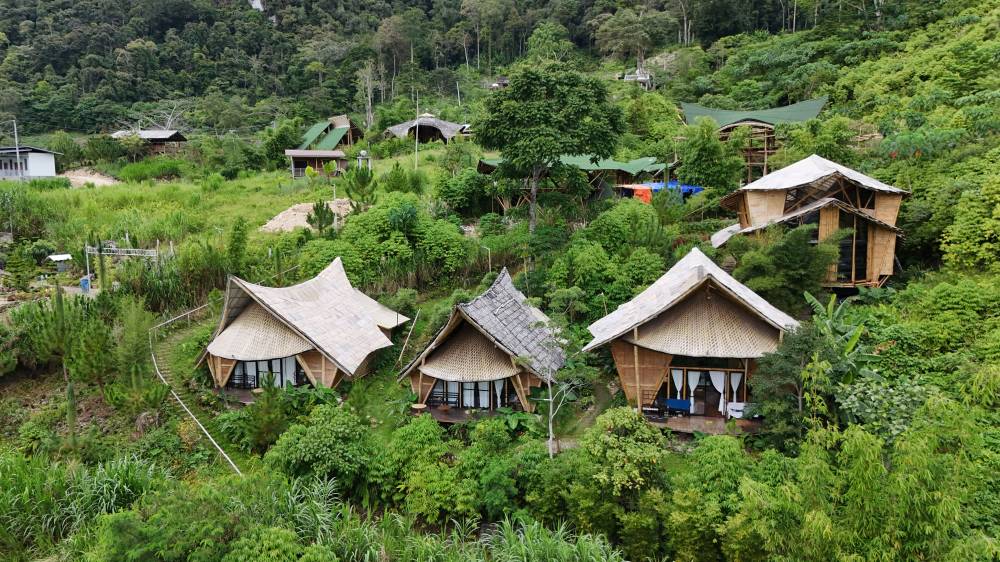
As groundbreaking initiatives go, the Bamboo Bootcamp and Hayag Farm School in Davao del Sur have emerged as catalysts for sustainable construction and community development.
The Bamboo Bootcamp, a workshop for builders, has not only birthed one of the tallest bamboo structures in the Philippines but is also revitalizing traditional building techniques and fostering a deeper connection to the environment. Its center of operations, the Hayag Farm School, has enabled Indigenous people to relearn fabrication skills and celebrate their connection to their land.
“The headquarters of the farm school and Bamboo Bootcamp in Baganihan, Marilog district is a living laboratory for sustainable living. We’ve established a bamboo village where we teach Indigenous people and anyone interested on sustainable building methods, such as bamboo construction and earth building, which uses clay, mud, and limestone as alternatives to cement. We’ve also incorporated permaculture principles into our curriculum,” says Rica Villanueva Gadi, CEO of Bamboo Bootcamp.
Gadi, who grew up in America, came to Davao 17 years ago and pioneered in BPO centers there. In early 2020, she attended a bamboo building workshop conducted by architect Jed Michael de Guzman and realized its potential for helping the country.
Resilient
During the pandemic, she and her family sought refuge in the forests of Marilog where there was no electricity and communication signal. Seeing the condition of the Matigsalog tribe, she and her husband decided help by planting bamboo in 25 hectares of land and enlisted the help of De Guzman and engineer Kevin Marc Babate.
The Bamboo Bootcamp started out as a 10-day workshop, attracting students and professionals from the design and construction industry. It has since been conducted in Visayas and Mindanao by a team led by De Guzman, the COO and training and curriculum principal. The workshops have been shortened to focus on certain subjects such as bamboo design, propagation, treatment, and carpentry. The 30th bootcamp will run in February 2025 at the Hayag Farm School.
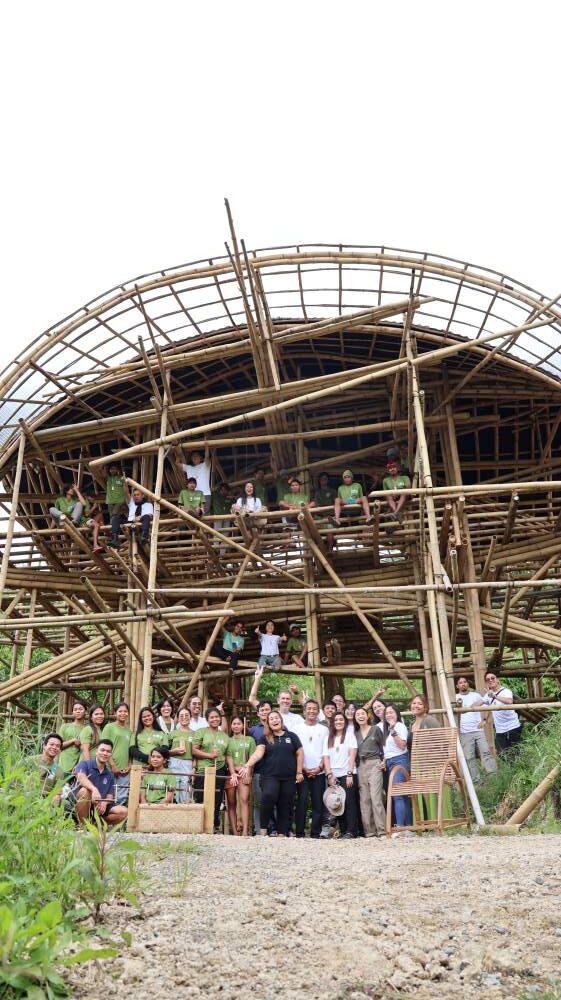
At the heart of this project lies bamboo, a versatile and eco-friendly material. Possessing the strength of steel but a fraction of its weight, bamboo is incredibly resilient, capable of withstanding strong winds and earthquakes. Its rapid regeneration rate and low environmental impact make it an ideal choice for sustainable construction and as an alternative to timber.
The school and the workshop show how to harness the full potential of bamboo. Artisans must first undergo a rigorous process of preparation. The material is stripped of its starch and sugar content, which attracts harmful insects. It is then treated to protect it from water damage, ensuring its longevity.
Gadi adds that the Indigenous people often struggle with a sense of scarcity, unaware of the economic opportunities that lie within their traditions.
“Education is essential to empower them. By creating the Hayag Farm School, we aim to establish a network nationwide,” she says. These schools aim to train artisans who can transform local materials such as bamboo into high-value products, helping revitalize local economies.
The headquarters/farm school has constructed 13 bamboo structures so far, including a yoga shala. Babate serves as the build and structural director. These buildings manifest the versatility of bamboo. Gadi’s home will be the final structure, showing the skills the locals have honed over the past four years.
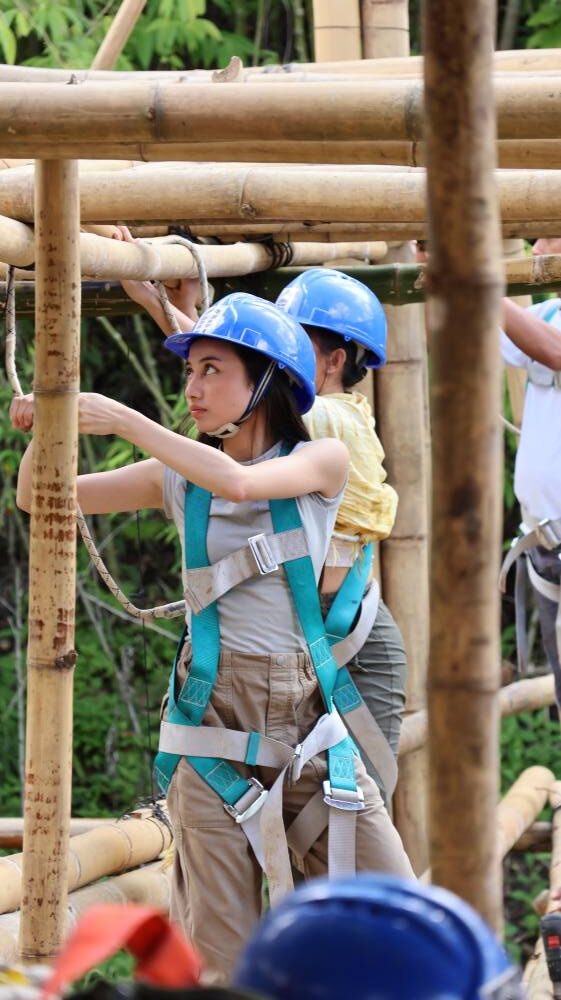
Educating the community
“Our small community is taking charge of the farm school, hosting volunteers from around the world. Beyond bamboo, we’re focusing on creating a productive food forest to promote circular economies. We’re educating the community about the value of ancestral land and sustainable practices. They’re realizing the potential of their land to provide food, shelter, and income. Once they feel secure, we can focus on educating the next generation,” says Gadi.
“We started with 25 hectares of bamboo and are intercropping vegetables and high-value crops while we wait for the bamboo to mature. We’re working towards establishing a cooperative to market their produce.”
On a typical day, the skilled artisans at the farm school awaken at dawn. Meanwhile, their wives nurture the surrounding bamboo groves, vegetable gardens, and edible landscapes. In just three years, this once-neglected land has blossomed into a vibrant community that marries tradition with innovation.
Through the language of bamboo, the Bamboo Bootcamp and Hayag Farm School have revived cultural heritage and traditional building practices. Participants have relearned ancient fabrication skills and greater appreciation for the land and the environment.












